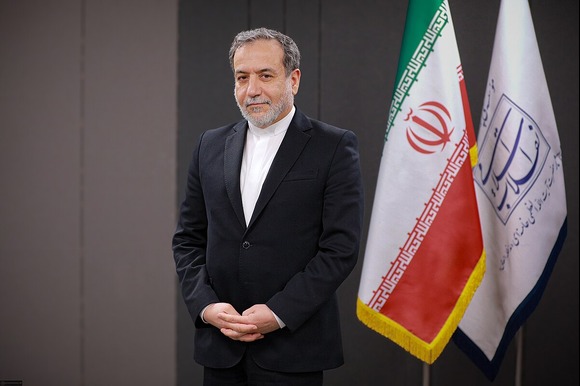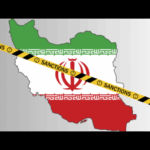TEHRAN/WASHINGTON — Iran on Thursday reiterated its adherence to the Nuclear Non-Proliferation Treaty (NPT), while lashing out at Germany for what it described as a display of “malice” following Berlin’s criticism of Tehran’s decision to suspend cooperation with the UN’s nuclear watchdog.
“Iran remains committed to the NPT (Non-Proliferation Treaty) and its Safeguards Agreement,” Iranian Foreign Minister Abbas Araghchi wrote on X. He sharply condemned Germany’s response to Tehran’s move, accusing Berlin of backing hostile actions against Iran. “The explicit German support for the bombing of Iran has obliterated the notion that the German regime harbors anything but malice towards Iranians,” Araghchi added.
The controversy erupted after Iran on Wednesday formally announced it would halt cooperation with the International Atomic Energy Agency (IAEA), blaming the agency’s inaction in condemning US and Israeli strikes on Iranian nuclear sites.
In response, Germany’s Foreign Office took to X to call on Tehran to “reverse this decision,” warning it sends a “devastating message” by eliminating avenues for international oversight over Iran’s nuclear programme. The office stated that such supervision is essential to keeping diplomatic channels open.
Araghchi, in turn, denounced what he called Germany’s “explicit support for Israel’s unlawful attack on Iran,” referring to a June 13 airstrike that reportedly killed top Iranian nuclear scientists and senior military commanders. He was also reacting to remarks by German Chancellor Friedrich Merz, who on June 17 praised Israel’s actions by stating it was doing the “dirty work… for all of us” in targeting Iranian nuclear infrastructure.
The remarks come in the wake of a brutal 12-day war between Iran and Israel, during which the United States also participated in a series of strikes on Iranian nuclear facilities at Fordow, Isfahan, and Natanz. The Iranian judiciary has reported that more than 900 people were killed in the country during the conflict.
Fresh Wave of US Sanctions Targets Iran’s Oil Network
Meanwhile, the United States Treasury Department announced new sanctions on Thursday, targeting a complex oil-smuggling operation and a Hezbollah-linked financial entity. The move aims to disrupt a shadow network Tehran allegedly uses to fund its regional activities and evade existing restrictions.
According to the Treasury, the sanctions focus on a group of companies overseen by Salim Ahmed Said, an Iraqi-British national accused of operating since at least 2020. His network has reportedly bought and shipped billions of dollars in Iranian oil disguised as Iraqi crude, using forged documentation to deceive international buyers and bypass sanctions.
“These sanctions are part of our continued effort to choke off Iran’s revenue sources and intensify economic pressure to block the regime’s access to the financial resources that fuel its destabilising activities,” said Treasury Secretary Scott Bessent.
Among the entities sanctioned is VS Tankers, a UAE-based company formerly known as Al-Iraqia Shipping Services & Oil Trading (AISSOT). Though Said maintains no formal association with the firm, the Treasury claims he controls its operations. The company allegedly plays a central role in blending Iranian and Iraqi oil for export through Iraq and the United Arab Emirates.
The US has also blacklisted several vessels identified as being part of the so-called “shadow fleet” responsible for transporting Iranian oil covertly. These designations freeze any US assets held by the targeted individuals and companies, and prohibit Americans from engaging in transactions with them.
VS Tankers did not immediately respond to requests for comment, and neither did Iran’s mission to the United Nations in New York.
This latest round of sanctions coincides with the Pentagon’s claim on Wednesday that the June 22 strikes on Iranian nuclear infrastructure had set back Iran’s nuclear programme by up to two years—an upgrade from earlier, more cautious intelligence assessments leaked shortly after the operation.
Amid the escalating tensions, reports from Axios suggest that US and Iranian officials are expected to meet for talks on Iran’s nuclear programme in Oslo next week.






